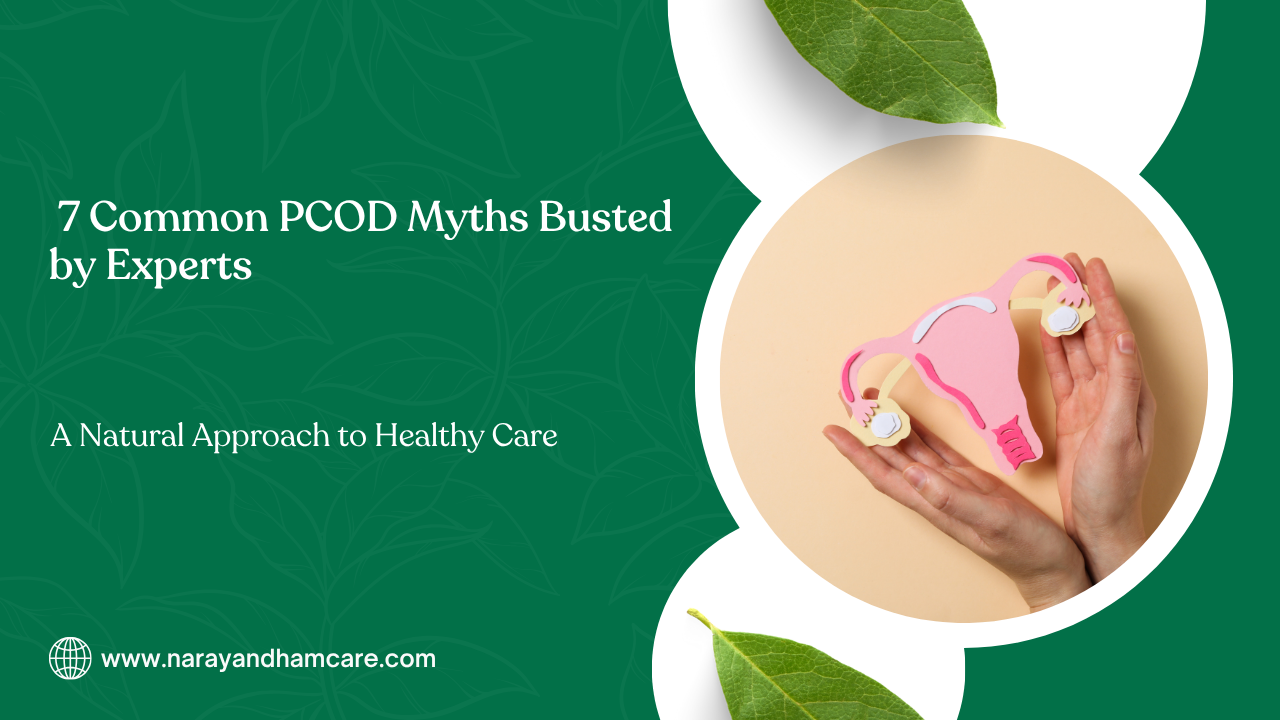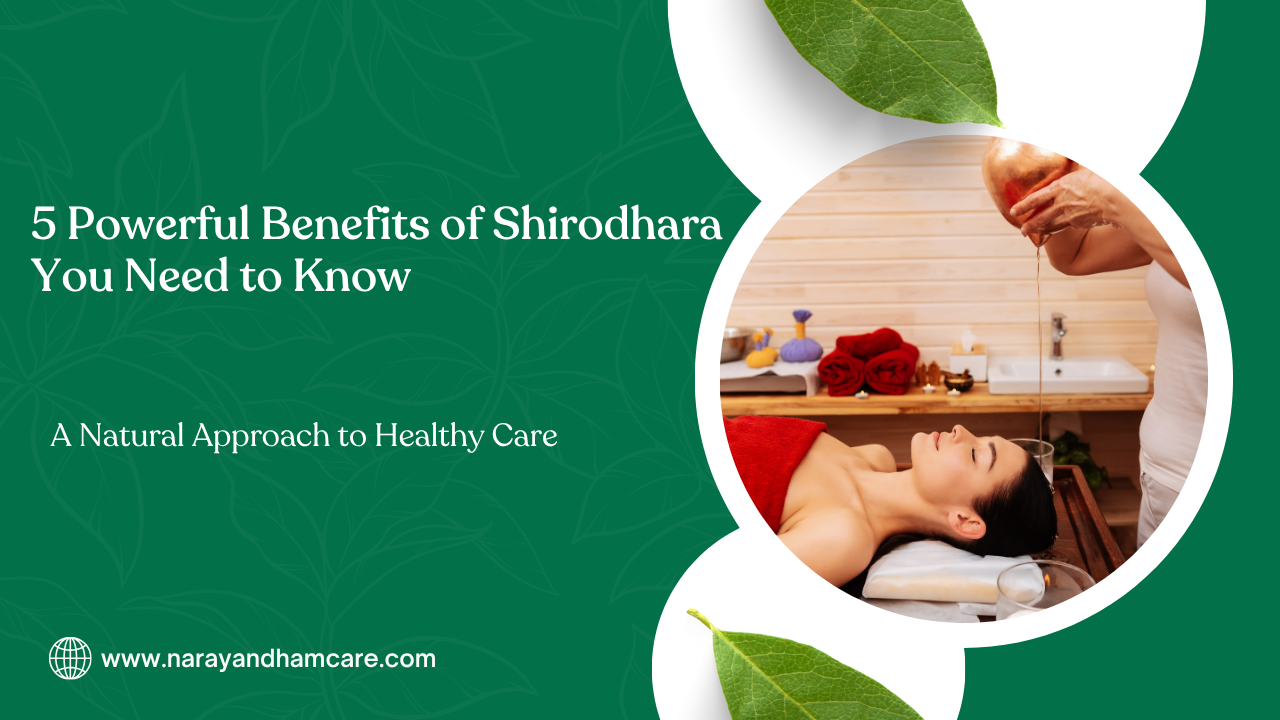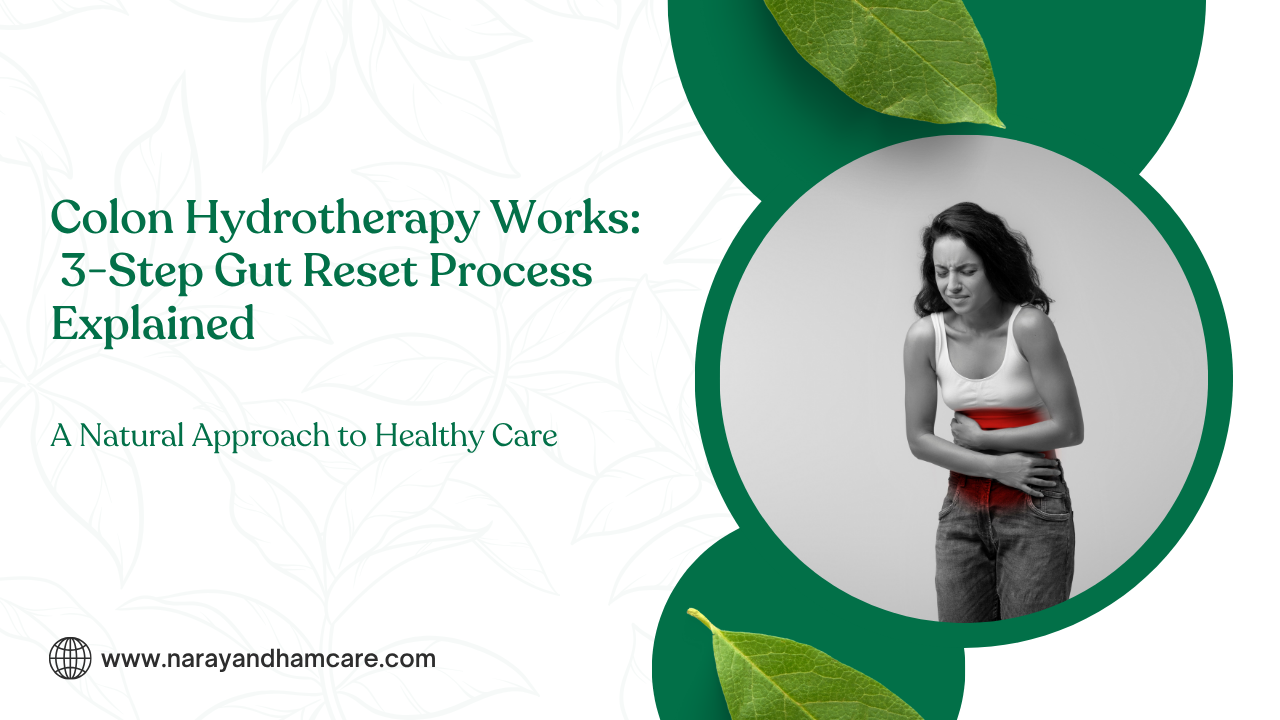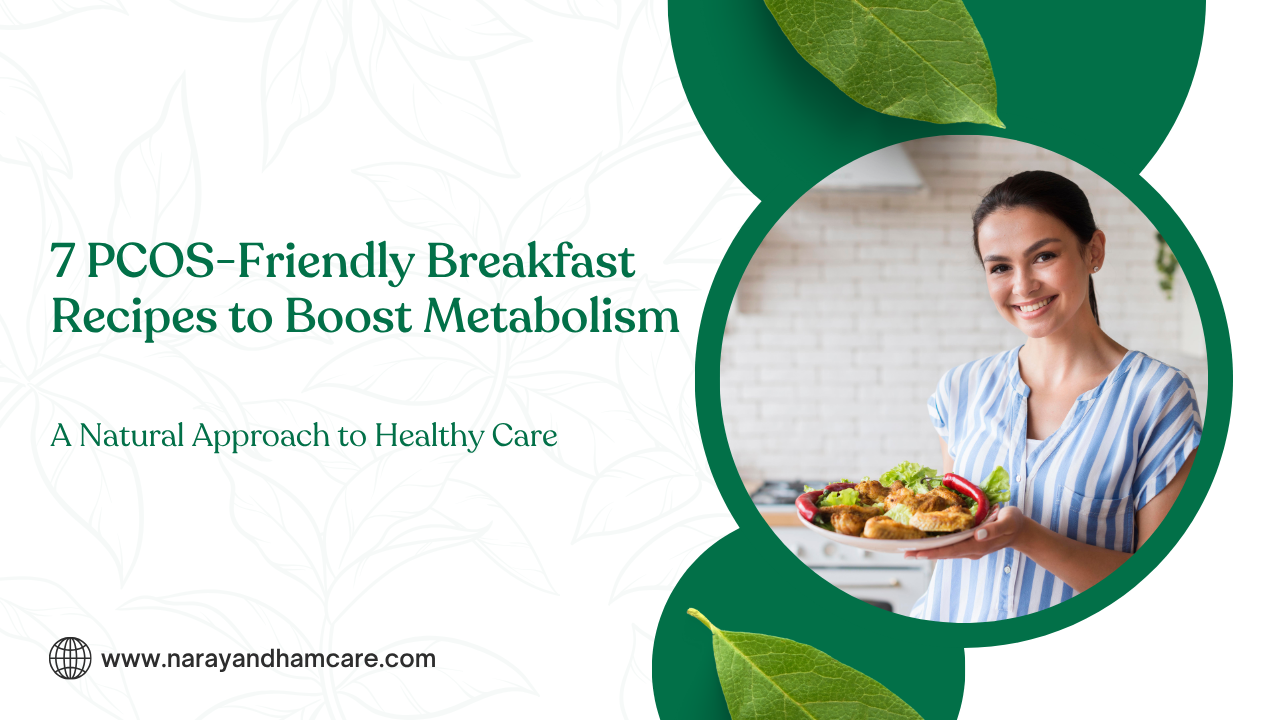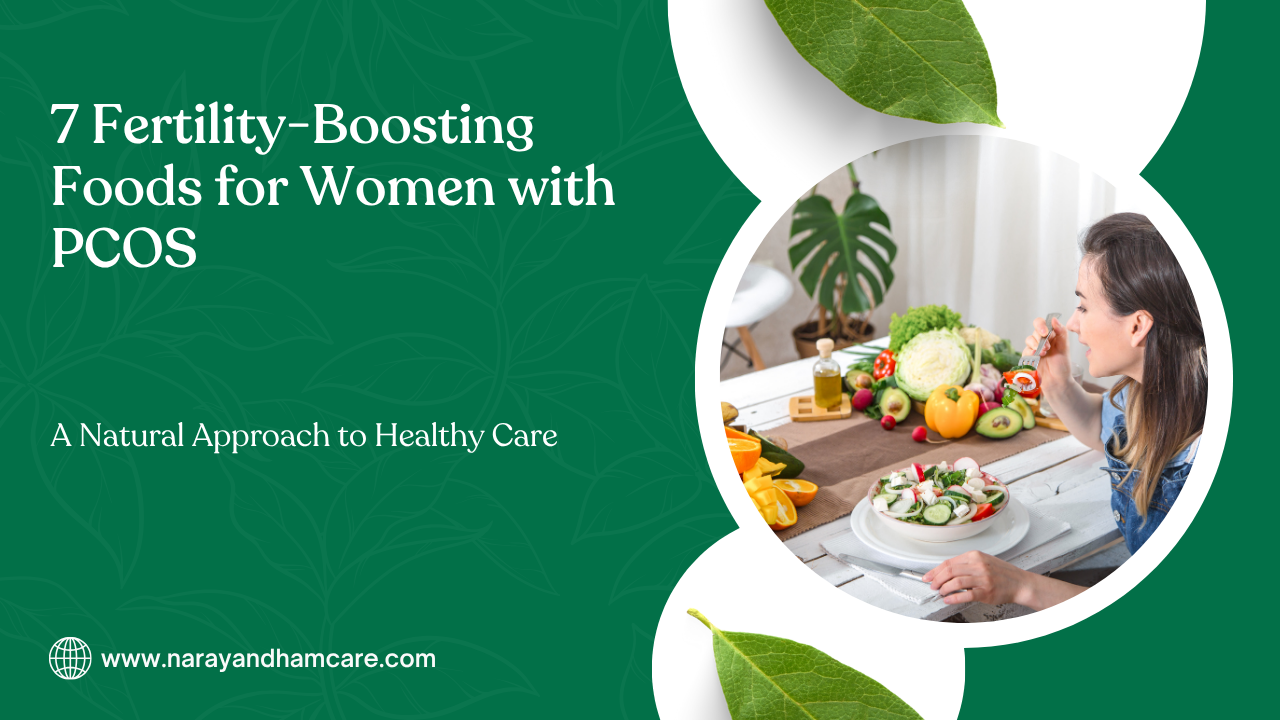Introduction
Polycystic Ovarian Disease, affects many women around the world today. It is a hormonal disorder that mostly affects women of reproductive age. But even though very common, there are many myths and wrong beliefs about it.
These myths can confuse people, delay treatment, and cause unnecessary stress. That’s why it is important to know what is true and what is not.
In this blog, we will talk about 7 common myths about PCOD and share the facts given by experts. If you or someone you know is dealing, this information can help you take the right steps towards better health.
Problem
The biggest problem today is lack of correct information. Many women feel scared, ashamed, or lost when they hear they. This happens because:
- They read wrong information online
- Friends or family share false beliefs
- Society spreads fear and myths
- They feel alone or misunderstood
Due to these myths, women avoid seeing a doctor, don’t make healthy changes, or start to believe that they can never get better. That’s why we need to bust these myths and talk about the truth in a simple way.
Symptoms
Before we bust the myths, let’s understand the common signs:
- Irregular periods or missed periods
- Weight gain, especially around the belly
- Acne or oily skin
- Excess facial or body hair (hirsutism)
- Hair thinning or hair fall from the scalp
- Mood swings or depression
- Difficulty getting pregnant
- Fatigue and low energy
Every woman’s symptoms can be different. Not all women with have all of these symptoms.
7 Common PCOD Myths Busted
Let’s now look at the most common myths people believe about the truths explained by experts:
Myth 1: PCOD and PCOS are the same thing
Fact:
(Polycystic Ovarian Disease) and (Polycystic Ovary Syndrome) are similar but not exactly the same.
- PCOD: A condition where the ovaries produce immature eggs, forming cysts. It is more common and can be managed with diet and lifestyle.
- PCOS: A more serious hormonal disorder that affects multiple organs and may need medical treatment.
Myth 2: You can’t get pregnant if you have PCOD
Fact:
Many women successfully get pregnant with proper care and treatment.
- Healthy diet and exercise improve fertility
- Ayurvedic and natural treatments help balance hormones
- In some cases, fertility medicine or therapy may be needed
- Regular ovulation tracking can also help
Myth 3: Only overweight women get PCOD
Fact:
affect women of all body types — even slim or underweight women.
- Thin women may still have hormone imbalance
- Lifestyle factors, stress, and genes also play a role
- Symptoms like irregular periods or acne can still appear
Myth 4: PCOD is rare and not serious
Fact:
PCOD is very common, especially in India and other Asian countries. Around 1 in 5 women.
- It can cause long-term health problems if ignored
- It increases risk of diabetes, thyroid issues, and heart disease
- Early treatment is key to preventing complications
Myth 5: Birth control pills are the only treatment
Fact:
Birth control pills can help regulate periods, but they do not cure PCOD.
- Lifestyle changes like diet and yoga can reverse symptoms
- Natural remedies like Ashwagandha, Shatavari, and Ayurvedic Panchakarma can support healing
- Treating root causes is more effective than just covering symptoms
Myth 6: PCOD will go away on its own
Fact:
a chronic condition and does not go away without care.
- Symptoms can be managed and even reversed with proper habits
- Ignoring lead to infertility, diabetes, and depression
- Consistency in lifestyle is very important
Myth 7: You have to follow a strict, boring diet
Fact:
You can eat tasty and healthy food that supports hormone balance.
- Focus on whole grains, fruits, vegetables, and healthy fats
- Avoid sugary, processed, and fried foods
- Try friendly recipes with herbs like turmeric, cinnamon, and fenugreek
- Drink herbal teas and stay hydrated
What You Can Do (Easy Solutions)
If you have, don’t panic. Here are some easy, expert-approved steps you can follow:
Step 1: Eat Clean and Balanced Food
- Avoid junk, sugar, and refined carbs
- Add more fruits, vegetables, and whole grains
- Include Ayurvedic herbs in daily life
Step 2: Exercise Daily
- 30–45 minutes of walking, yoga, or home workouts
- Try specific yoga poses like Bhujangasana, Setu Bandhasana, and Baddha Konasana
Step 3: Reduce Stress
- Practice deep breathing or meditation
- Take regular breaks from screens
- Keep a journal to track your moods and symptoms
Step 4: Try Natural Treatments
- Consult an Ayurveda or naturopathy expert
- Try therapies like Shirodhara, Basti, or Abhyanga
- Drink herbal teas like spearmint, licorice root, or fennel
Step 5: Track Your Periods
- Use period tracking apps
- Watch for changes and inform your doctor
- This helps in understanding ovulation and fertility windows
Frequently Asked Questions (FAQ)
Q1: Can PCOD be completely cured?
A: PCOD cannot be “cured” like a cold, but its symptoms can be reversed and managed with proper care and lifestyle.
Q2: Is PCOD genetic?
A: Yes, it can run in families. If your mother or sister has it, you may also be at risk.
Q3: How long does it take to manage PCOD naturally?
A: With consistent lifestyle changes, many women see improvement in 3 to 6 months.
Q4: Does Ayurveda really help with PCOD?
A: Yes, Ayurveda focuses on balancing hormones, removing toxins, and supporting digestion, which helps in long-term healing.
Q5: Can I still live a normal life with PCOD?
A: Absolutely! With proper understanding, care, and support, you can live a happy, healthy, and fertile life.
Conclusion
common, but misinformation makes it worse. By knowing the facts and busting the myths, you can take control of your health.
not your fault — and it is 100% manageable with the right steps. Eat well, move your body, stay calm, and trust natural healing.
If this blog helped you, share it with a friend who needs to know the truth.
Have questions or want to share your story? Comment below — we’d love to hear from you.

